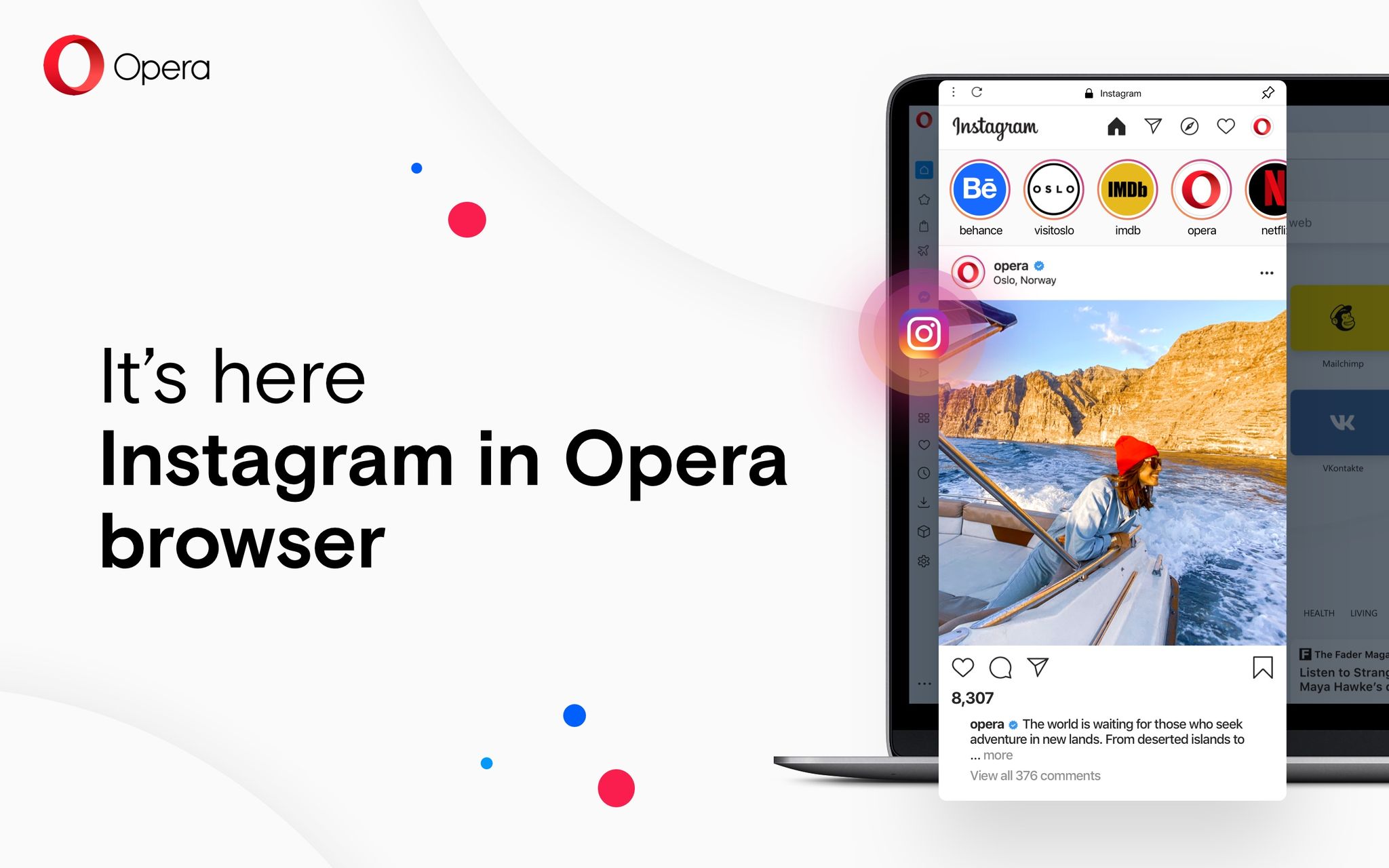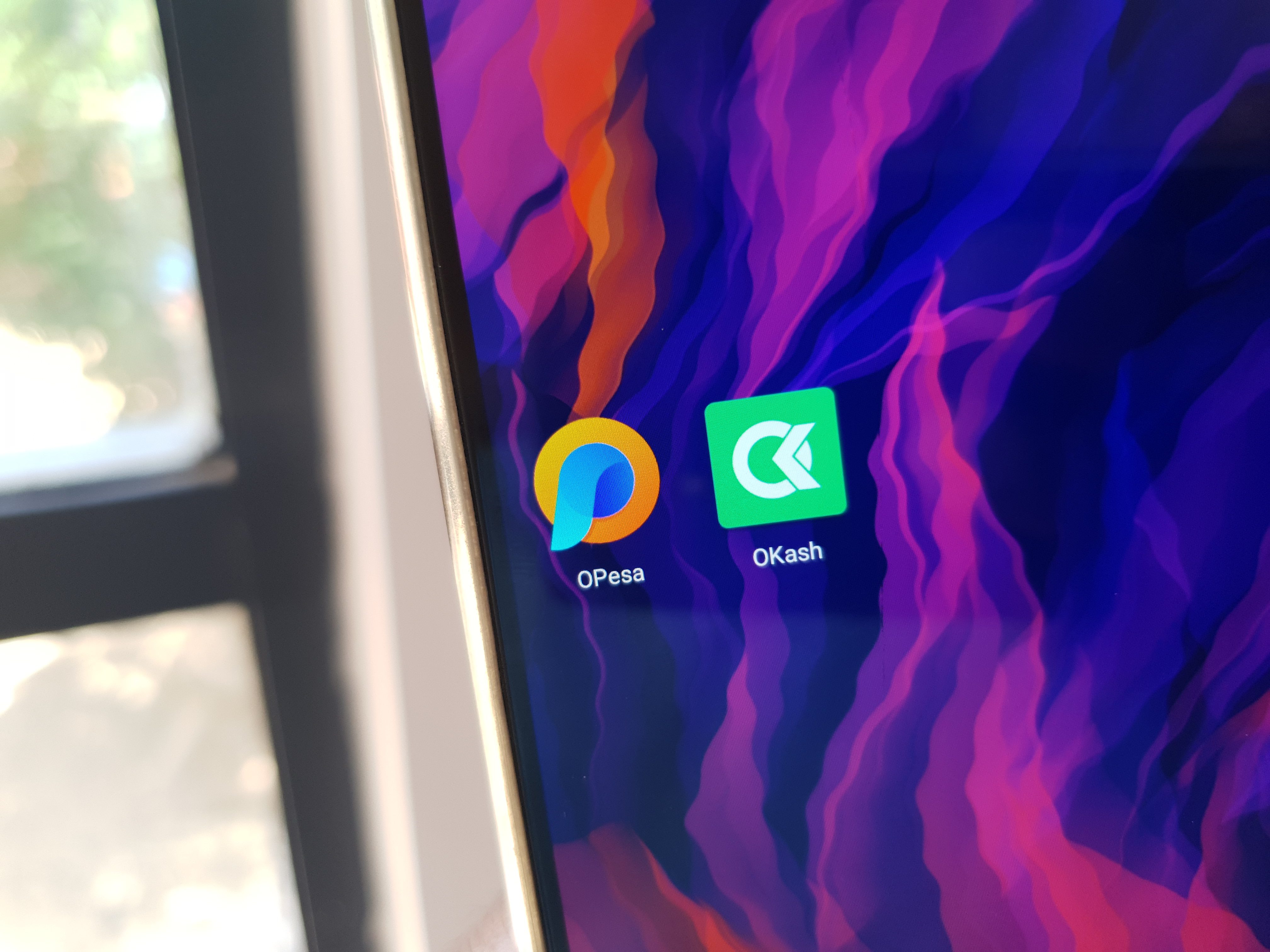
UPDATE FROM OPERA
The Company is aware of and has carefully reviewed the report published by the short seller on January 16, 2020. The Company believes that the report contains numerous errors, unsubstantiated statements, and misleading conclusions and interpretations regarding the business of and events relating to the Company.
The Company has recently launched and scaled multiple new businesses and has continued to post strong financial results, and intends to continue leveraging its well-known brand and large user base of more than 350 million users for additional growth. The Company also remains committed to maintaining high standards of corporate governance and constantly evolving our products, practices, and governance.
ORIGINAL STORY
Opera is, by a long shot or otherwise, was a popular browser among millions of people across the globe, especially those in growing economies. The app, which has since been complemented by many other apps, is owned by a company going by the same name. Admittedly, Opera gained popularity back in the day when internet services had started to trickle down to mobile devices. Opera Mini, for example, was mainly loved by many because it was lightweight and got the job done even in dumbphones.
However, this has not been in the case in recent times following a report that has been published by Hindenburg Research. According to the firm, Opera has been doing poorly in virtually all avenues, and this downfall is thanks to the rise of Google Chrome that has eaten Opera’s browser revenue (And let’s not touch the part where its browsers have been soiled by ads! ). To this end, Opera has been forced to pivot to other revenue channels to stay afloat, including loan apps that primarily target poor customers in third-world countries in Asia and Africa.
Opera has been popularizing its loan apps in Africa, including Kenya for the last two years or so. Okash, for instance, has been here for a while and is one of the most used mobile loan apps besides Tala and Branch. The majority of Okash users know that the product has one of the shortest repayment periods, and asks for insane amounts of interest rates. Furthermore, Opera loan apps reportedly charge up to 876 percent in interest rates p.a., which goes against Google Play Store regulations for financial apps. Specifically, Google directs that mobile loan applications that charge more than 36 percent in annual percentage rate and require a full repayment in two months or less are predatory, hence they are not welcome.
Going public
Opera became a publicly-traded company sometime in 2018. Afterwards, the organization was sold to a Chinese company. Its core browser business has dropped by 30 percent since the IPO. As said, this development is due to Google Chrome that has been gaining more users since it was launched.
Solution?
Pivot to other revenue models such as loan apps. Two of its loan products, Okash and OPesa are available in Kenya. OPesa has since disappeared from the Play Store. Others include OPay that operates in Nigeria (and we talked about it when it was being tested with a leaning towards payments), as well as CashBean for India.
Okash
We have covered the product on several occasions on the site, and one of its shortcomings is the two-week repayment window. Nobody does that and is as absurd as it sounds, and illegal by Google Play Store’s rules. Of course, higher loan limits have since seen an extended repayment period, but that does not discount the insane interest rates.
The other loan apps by Opera have also been found in violation of Play Store regulations in one form or another.
It is also worth noting which people the apps serve: none of them can hack the European or American market because or more stringent regulations, so they sneak them to growing economies to reap off people that survive for under a dollar in a day.
It has also become standard for Okash to select a random contact from a customer who has defaulted a loan. The address is then harassed in a shaming tactic that should apparently force the culprit to pay up. This issue has been raised on social media platforms and Okash’s comments section on the Play Store.
Other sane mobile loan apps, in contrast, only reach out to a contact listed in the referral section should the loanee disappear with credit.
Redirected funds
Opera’s problems do not end here as Hindenburg Research found out that the company was redirecting investor funds to activities outside Opera’s operation. For instance, near $10 million was forwarded to a company owned by Opera’s CEO. Another $30 million was sent to a karaoke app owned by the same CEO.
Worse, Opera’s stock price has plummeted to $7.15, and could go lower.
How long does Opera have to turn its business around? Or is it going to die if Google kicks its mobile apps out of the Play Store?
A full and lengthy report can be read here.
![[STATEMENT FROM OPERA] Once a Legendary Company, Opera is On the Verge of a Shameful Ending with Fraudulent Loan Apps](https://techweez.com/wp-content/uploads/2020/01/Okash-e1579513295783.jpg)



























